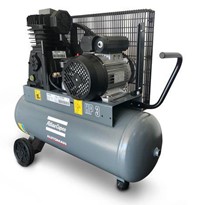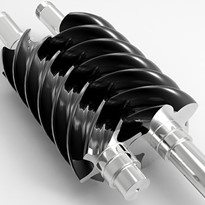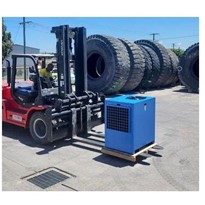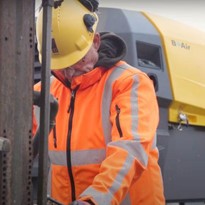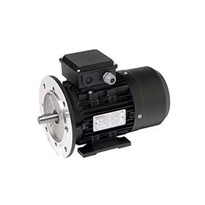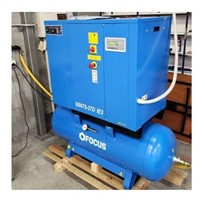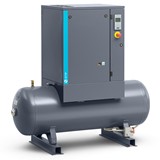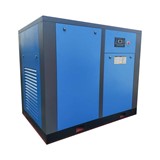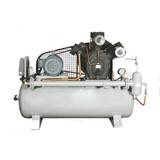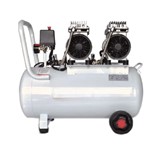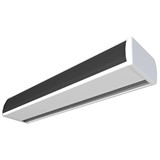When it comes to selecting an air compressor for your industrial needs, the choice often boils down to two main types: screw compressors and piston air compressors. Each type offers distinct advantages and disadvantages, making the decision critical for optimizing performance, efficiency, and cost-effectiveness. Time to delve into the intricacies, helping you make an informed decision that aligns with your operational requirements.
What is an industrial compressor?
An industrial compressor is a device that increases the pressure of a gas by decreasing its volume. Compressors are essential in various industries, powering tools, machines, and processes by converting power into potential energy stored in pressurized air.
Advantages and disadvantages of piston vs screw compressors:
Piston compressors:
- Advantages: Cost-effective for small-scale applications, higher pressure ratios, and simplicity in design.
- Disadvantages: Higher maintenance due to more moving parts, less efficient for continuous use, and can be noisier.
Rotary screw compressors:
- Advantages: Suitable for continuous operation, lower noise levels, and more energy-efficient for large-scale applications.
- Disadvantages: Higher initial cost and may require more sophisticated maintenance.
Factors to consider when choosing an industrial compressor
When selecting an industrial compressor, it's essential to consider several factors that align with the main focus areas of energy efficiency, noise level, maintenance, redundancy, and price. Atlas Copco offers a range of products that cater to these concerns, ensuring that you can find a compressor that fits your specific needs.
Energy efficiency
Energy efficiency is critical since air compressors can account for a significant portion of industrial electricity usage. Atlas Copco's 5-37 VSDs is the most energy-efficient compressor on the market, offering an average of 60% reduction in energy consumption compared to traditional fixed-speed models, thanks to its built-in Variable Speed Drive (VSD). This technology adjusts the motor speed to match air demand, minimizing power usage and reducing operating costs.
For those who are not yet ready to invest in VSD technology, Atlas Copco offers the GA 11-30 FLX dual-speed compressors, which can save up to 20% compared to traditional fixed-speed compressors. The GA FLX series delivers double-digit energy savings no traditional fixed-speed compressor can. was developed and built to give you double-digit energy reduction no fixed-speed compressor can.
Noise level
The noise level is important for workplace comfort and meeting health and safety regulations. Atlas Copco's compressors are designed to be exceptionally quiet, with some models like the VSD+ compressors operating as low as 62 decibels. These compressors are suitable for placement near workspaces without causing disturbance, thanks to their sound-reducing enclosures and innovative cooling fan designs.
Maintenance
Regular service and maintenance are vital for the longevity and efficiency of your compressor. Atlas Copco provides a nationwide network of factory-trained service technicians and genuine parts to ensure your equipment operates at peak efficiency. Regular servicing with OEM parts can prevent downtime and maintain energy efficiency.
Price
While the initial capital expenditure is an important consideration, the total cost of ownership, which includes energy, maintenance, and potential downtime costs, should be evaluated.
Atlas Copco compressors are designed with the lowest total cost of ownership in mind, and we offer various financing options to accommodate different budgetary needs.


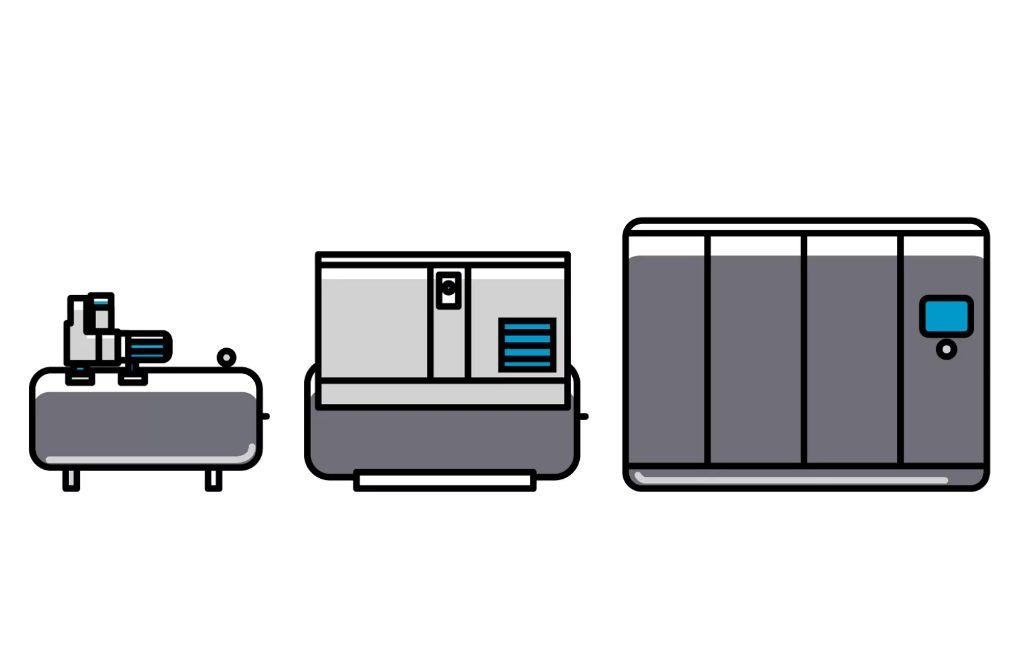

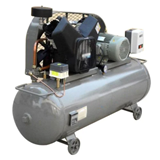
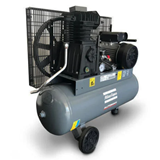
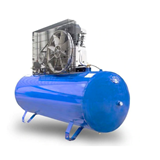
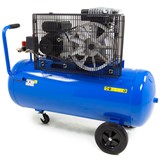





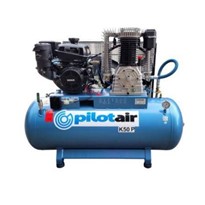
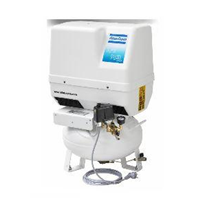
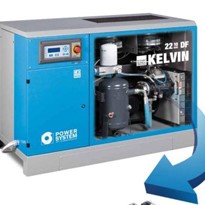

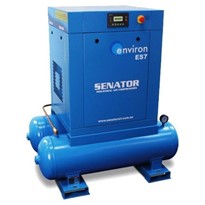
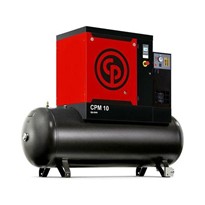
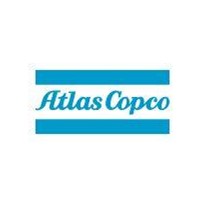
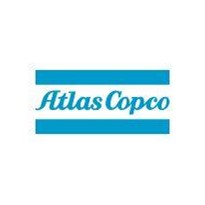
-205x205.jpg)

